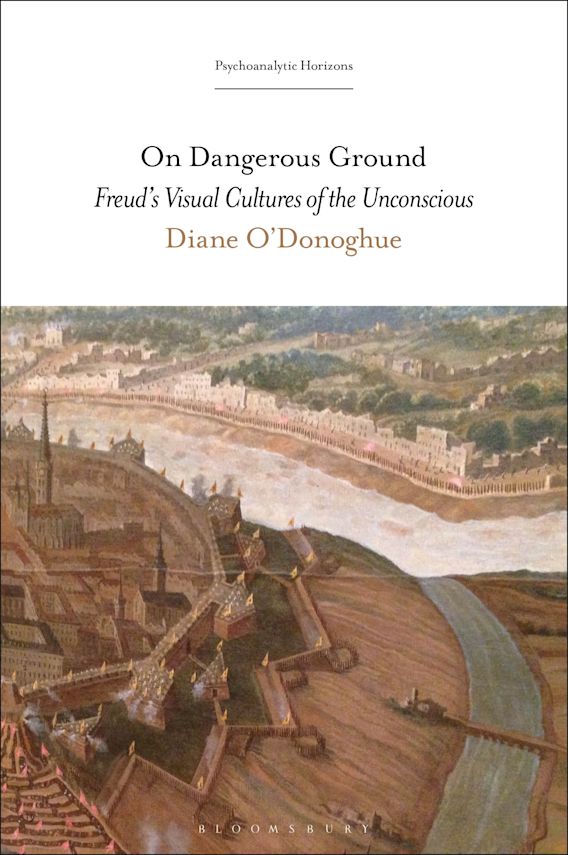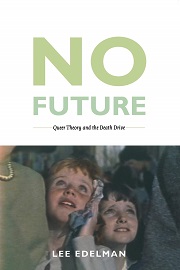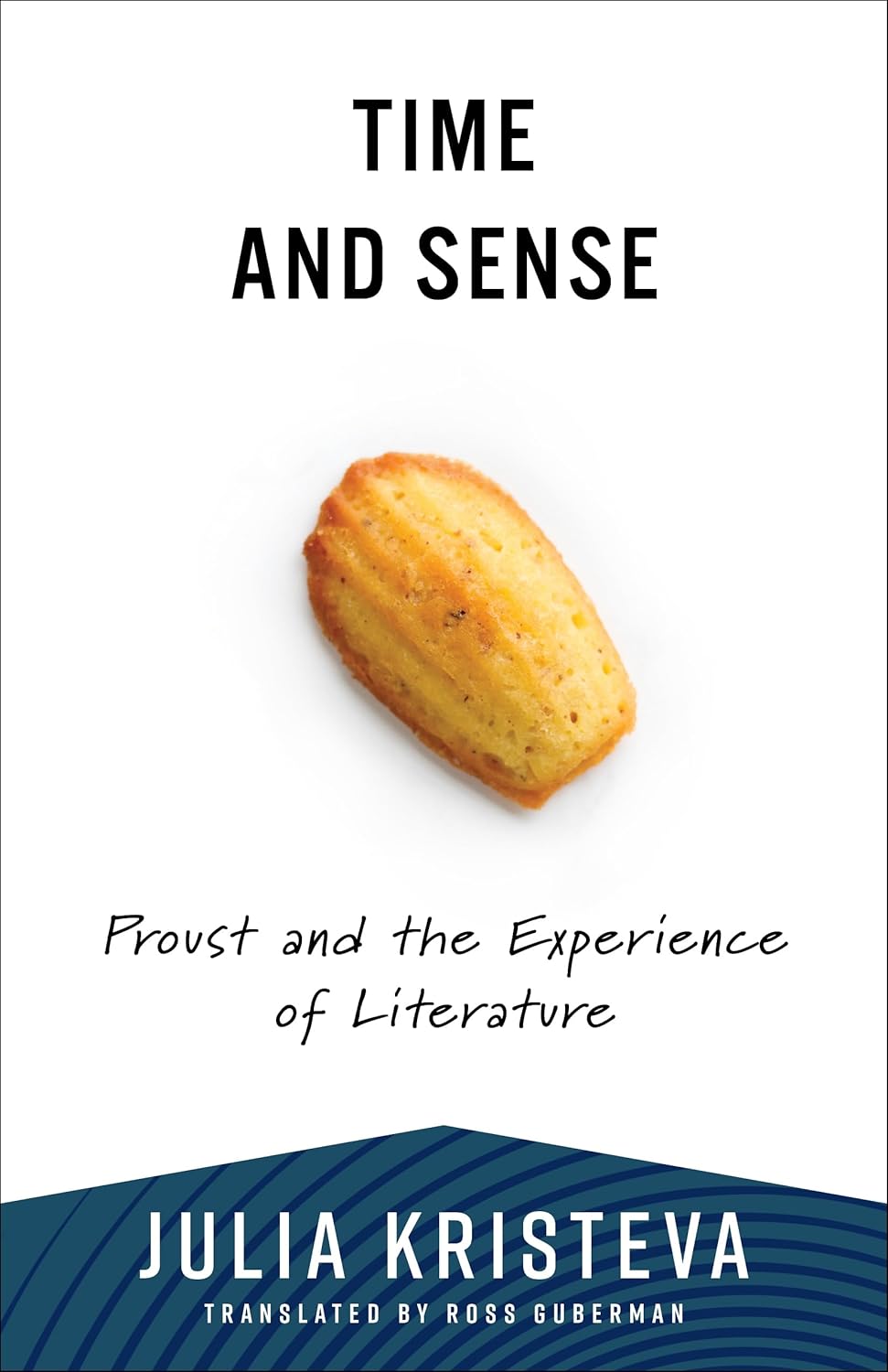On Dangerous Ground: Freud’s Visual Cultures of the Unconscious

Book Details
- Publisher : Bloomsbury
- Published : April 2020
- Cover : Paperback
- Pages : 400
- Category :
Culture and Psychoanalysis - Catalogue No : 97858
- ISBN 13 : 9781501363047
- ISBN 10 : 1501363042
There are currently no reviews
Be the first to review
In the final years of the 19th century, Sigmund Freud began to construct evidence for the workings of an “unconscious.” On Dangerous Ground offers an innovative assessment of the complex role that his encounters with visual cultures-architecture, objects from earlier cultural epochs (“antiquities”), paintings, and illustrated books-played in that process. Diane O'Donoghue introduces, often using unpublished archival sources, the ways in which material phenomena profoundly informed Freud's decisions about what would, and would not, constitute the workings of an inner life. By returning to view content that Freud treated as forgettable, as distinct from repressed, O'Donoghue shows us a realm of experiences that Freud wished to remove from psychical meaning. These erasures form an amnesic core within Freud's psychoanalytic project, an absence that includes difficult aspects of his life narrative, beginning with the dislocations of his early childhood that he declared “not worth remembering.” What is made visible here is far from the inconsequential surface of experience; rather, we are shown a dangerous ground that exceeds the limits of what Freud wished to include within his early model of mind. In Freud's relation to visual cultures we find clues to what he attempted, in crafting his unconscious, to remove from sight.
Reviews and Endorsements
Diane O’Donoghue's On Dangerous Ground: Freud’s Visual Cultures of the Unconscious is an original contribution to the study of psychoanalysis and our visual world. The wide range of images from Freud's world shows us how wide and deep his visual world impacted on his writing and thinking. Focussing on Freud's emphasis on visualization as a core element of the unconscious, O’Donoghue's work actually illustrates how each and every one of us incorporates our visual context, real or virtual, into the articulation of our desires. We are in complex ways what we see and thus how we dream and how we imagine ourselves. A strong, readable and compelling book!
Sander L. Gilman, Distinguished Professor of Liberal Arts and Sciences and Professor of Psychiatry, Emory University, USA
In this startlingly brilliant, original and deeply researched book, Diane O’Donoghue presents an entirely new way of understanding Freud--indeed, of writing intellectual history. She examines examples of art and architecture in Freud’s life and links his complex aesthetic responses and insights to his developing psychoanalytic theory. This remarkable book is a landmark and an absolutely indispensable understanding of Freud.
Susannah Heschel, Eli Black Professor of Jewish Studies, Dartmouth College, USA
Table of Contents
List of Illustrations
Acknowledgements
Introduction
1. The Lost Language of Stones
2. Phantasmal Fragments
3. Libido Awakened: In Transit and Enframed
4. The Painting of Everyday Life
5. Paper Dreams: Illustrated Books and the Magic of the Manifest
Conclusion: Objects' Lessons
Afterword
Bibliography
Index
About the Author(s)
Diane O'Donoghue is Director of the Program for Public Humanities and Senior Fellow for the Humanities at the Jonathan M. Tisch College for Civic Life, at Tufts University, USA. She is also Visiting Professor for Public Humanities at Brown University, and a scholar member of and on the faculty at the Boston Psychoanalytic Society and Institute. There she has been a Silberger Scholar and is a recipient of their Felix and Helene Deutsch Prize. Her work on Freud’s early formulations of psychoanalysis also has been awarded the CORST Prize from the American Psychoanalytic Association.
Customer Reviews
Our customers have not yet reviewed this title. Be the first add your own review for this title.







